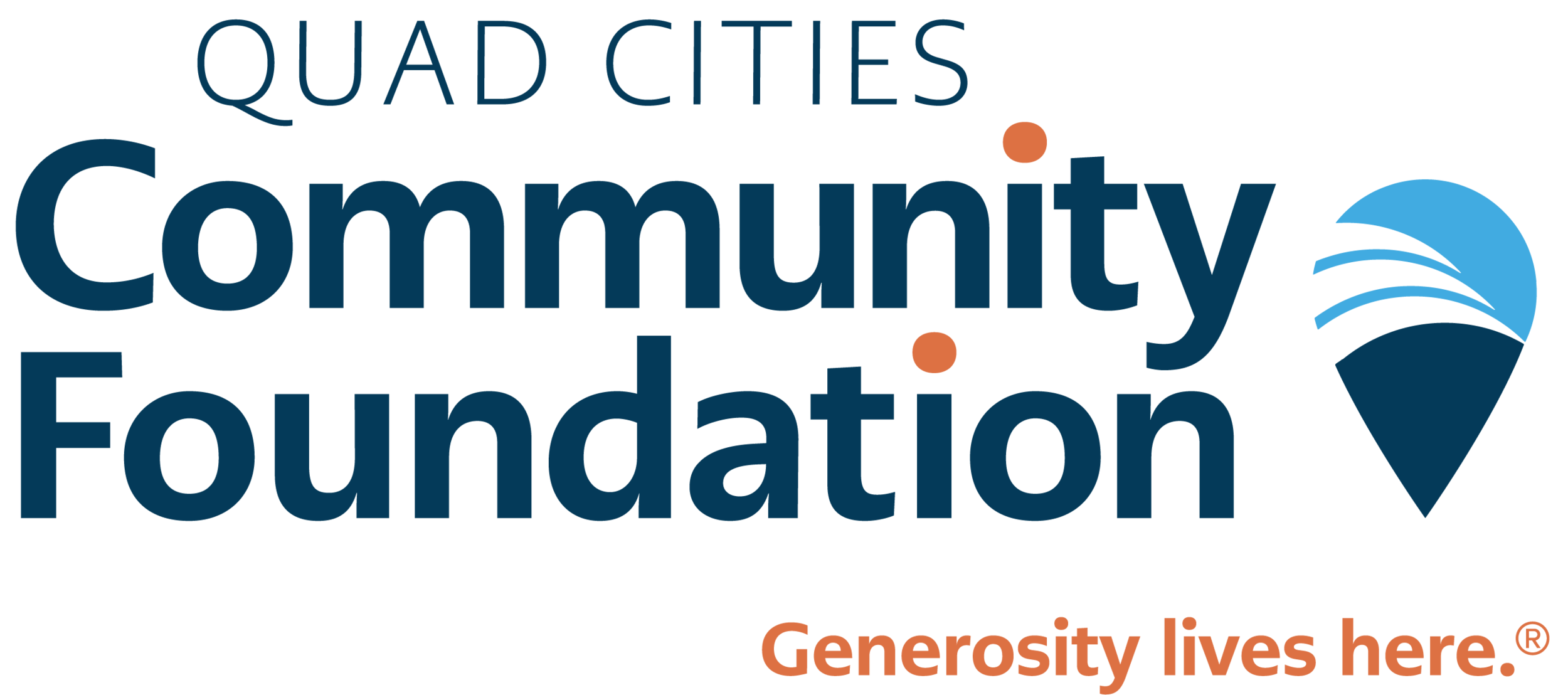$156,000 grant from Looser-Flake Charitable Foundation supports mental health services in Mercer County schools
Jennifer Hamerlinck, RN, knows better than most the toll that mental health issues and other social and emotional barriers can take on a student’s ability to succeed. But as the director of the Mercer County Health Department’s Mental Health Action Program (MHAP), she also knows what a difference supporting students with the right resources can make. Now, with the help of a $156,000 grant from the Looser-Flake Charitable Foundation, a private foundation administered by the Quad Cities Community Foundation, MHAP will be able to further its school-based mental health case management services in Mercer County and Sherrard School Districts.
Awarded over three years, the grant will partially fund salaries for two mental health case managers in the school districts. “We’ve worked very hard to establish the right staffing model to meet our schools’ needs, and this funding is key to ensuring that we can keep working with students and school staff,” said Hamerlinck. “Right now, the program is fully sustainable until 2024, and that is absolutely thanks, in large part, to the Looser-Flake Foundation.”
The grant is the second made this year by the Looser-Flake Charitable Foundation to support the Mercer County Better Together Action Plan’s education goals. Earlier this month, it announced a $185,000 grant to fund educational technology initiatives in Mercer County and Sherrard School Districts. Furthering educational opportunities is a key facet of the Looser-Flake Foundation’s mission, with previous funding helping to launch summer learning programs and endow scholarships for Mercer County students.
“Not just in 2021 but over the last several years, the Looser-Flake Charitable Foundation has made a range of incredible investments in education,” said Kelly Thompson, vice president of grantmaking and community initiatives at the Quad Cities Community Foundation. “By supporting students’ health and well-being, this grant is supporting their ability to fully engage in getting a great education.”
According to Hamerlinck, expanding mental health services in rural areas like Mercer is especially important. She explained that Mercer County is considered a health-professional shortage area, with only one mental health provider for every 7,800 residents, drastically lower than state and federal levels. “That means there’s a large proportion of children who have mental health problems and are in need of care but who don’t have resources,” she said.
An evidence-based model, MHAP aims to reduce barriers to mental health care first and foremost by connecting students as well as staff to mental health providers. “After that, we work on back-end barrier reduction, focusing on the social and environmental determinants of health that have made them not prioritize their mental health,” said Hamerlinck. “So we address transportation, insurance, food and housing insecurities, access to pharmaceuticals, employment, financial distress—helping them take those things off their worry list so they can worry about taking care of their mental and emotional well-being. It’s a long-term, hands-on strategy, but it’s proven very successful.”
One MHAP initiative that will benefit from continued financial support is Signs of Suicide, a prevention program offering both classroom education on depression and suicide as well as screening to identify at-risk students. To date, Signs of Suicide has screened over 1,100 students. Through MHAP, students also learn about coping and resilience, building problem-solving skills early on that will serve them throughout their school years and beyond.
“I’ve been active with Mercer County Better Together and its work to identify and work towards the priorities of Mercer County residents, and I feel strongly that the intent of this funding is in line with what people in Mercer County care about, what they hope for in our community,” said Hamerlinck. “We’re trying to impact our students so they can be successful academically and in a work situation later. We’re building strong communities that way.”

